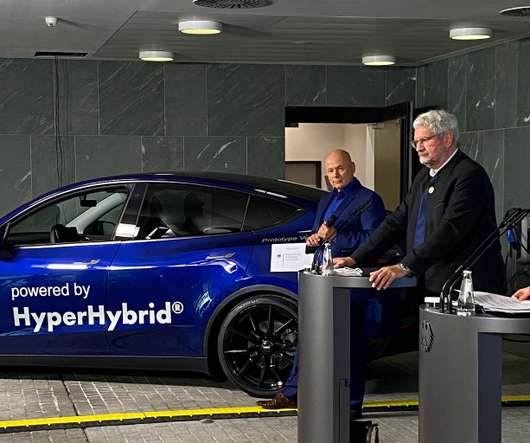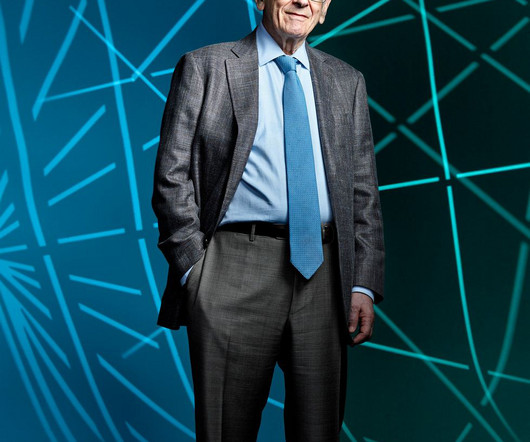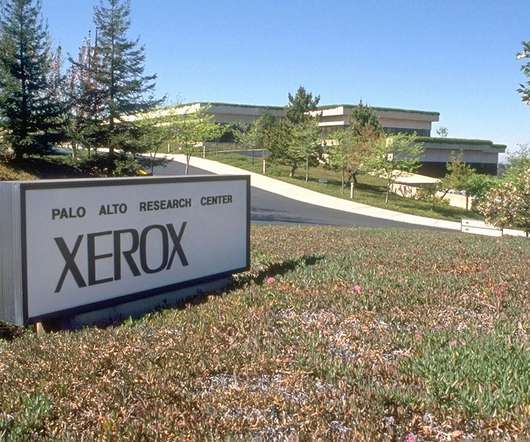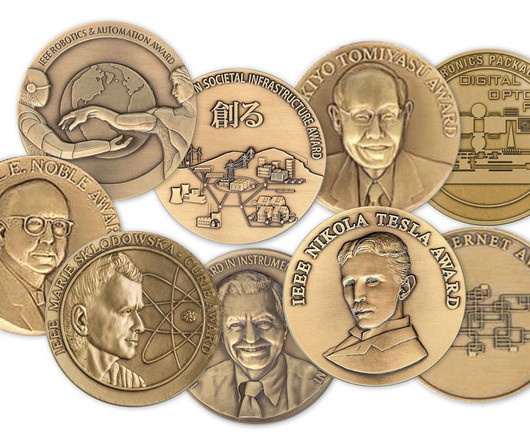MIT/Stanford team develops battery technology for the conversion of low-grade waste heat to power; TREC
Green Car Congress
MAY 22, 2014
Researchers at MIT and Stanford University have developed new battery technology for the conversion of low-temperature waste heat into electricity in cases where temperature differences are less than 100 degrees Celsius. These features lead to a high heat-to-electricity energy conversion efficiency of 5.7%























Let's personalize your content